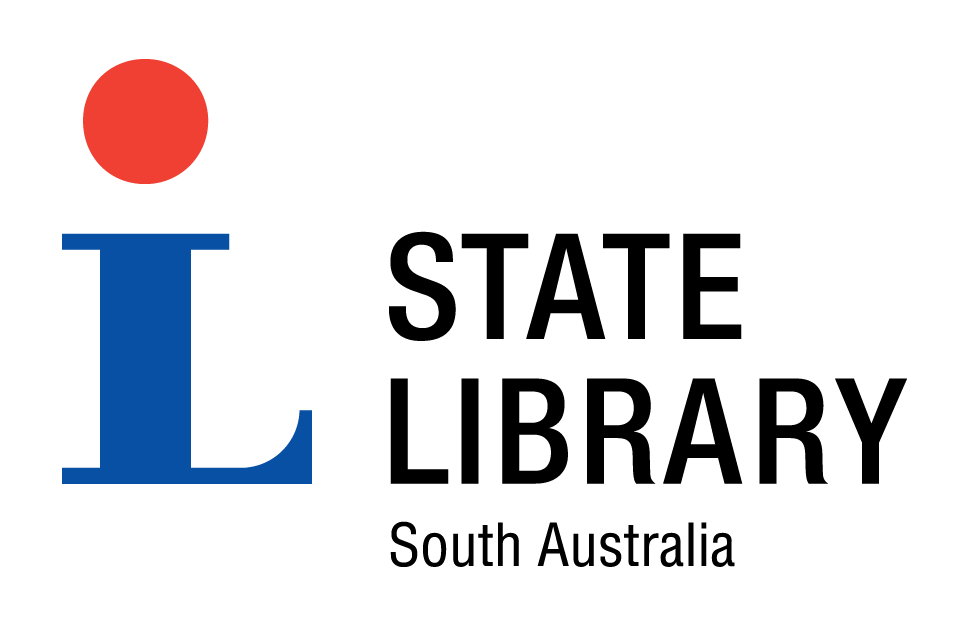
Commonwealth Board of Enquiry, 1935
In 1935 Charles Mountford was selected to act as Secretary for the four-man 'Commonwealth Board of Enquiry into the alleged ill-treatment of Aborigines near Ayers Rock', appointed by the Governor-General 8 May 1935.
The Enquiry's purpose was to investigate charges of ill-treatment against Aboriginal people at Hermannsburg Mission Station and the fatal shooting of another, Yokununna, at Ayers Rock (Uluru). Mounted Constable William McKinnon of the Northern Territory Police, stationed in Alice Springs, was implicated in both incidents. The Aboriginal men involved had been taken into custody after they invoked Aboriginal law and killed their tribesman, Kai-Umen, for violating ceremonial secrecy. The killing occurred at Mt Connor in August 1934. Whilst being taken by police to Alice Springs for trial in October 1934, the group escaped at Middleton Ponds. It was during the armed pursuit of these prisoners that Yokununna was shot and later died. It had been alleged also that the men were beaten whilst in custody, some in order to extract statements from them. The surviving men were taken in for trial and sentencing in February of 1935.
Even before the trial finished press reports were causing concern in government. Reports of violence against the Aboriginal suspects came out in evidence at the trial, and prompted the Minister for the Interior, EJ Paterson, to approve the appointment of a Board of Enquiry into the conduct of Constable McKinnon and his delegates.
Members of the Enquiry Board were Professor of Pathology at the University of Adelaide, John Cleland (Chairman), Mr VJ White (Assistant Chief Protector of Aborigines in the Northern Territory), and the Rev. JH Sexton, secretary of the South Australian Aborigines Friends' Association. The Board took evidence at a number of locations including Adelaide, Alice Springs, Hermannsburg, and Ayers Rock (Uluru), and sometimes in unusually informal circumstances, such as at campsites or the side of the road - wherever witnesses could be found. Remarkably McKinnon accompanied the party, on friendly terms, and conducted his own defence when and where the Board sat.
Mountford was disturbed by the evidence heard by the Board, which exposed how cruelly the Aboriginal people had been treated and how indifferently they, and their laws, were regarded by the people in authority. However, the experience and reputation Mountford gained by doing this work, and the introduction it gave him to the area and its people, were the building blocks of his future work in the study of the Aboriginal people of Central Australia.
The eventual finding of the Board was that whilst McKinnnon's actions had not been warranted they had been legally justified. The injustice of this finding angered Mountford, and this anger would resurface years later when he returned to Uluru and learned more about the matter from the Aboriginal people he met there.
A lasting outcome of the Board of Enquiry was the realisation that the Northern Territory Police had a conflict of interest in their jurisdiction to both protect and prosecute Aboriginal people. The following year saw the introduction of 'Patrol officers' to Aboriginal communities.
Mountford's first encounter with Ayers Rock (Uluru) would also have a profound and lasting impact on him - 'words can not describe its beauty or its size' he recorded in his personal journal.
On the first night of camping nearby he scurried closer to investigate the monolith by lamplight.
It seemed as if I were surrounded by the presence of those who for untold centuries had frequented this cave.... I stayed long in that spot sitting in the dust and memory of past ages, and returned to the camp to spend a restless night to dream fitfully of the Aborigines and the cruel treatment accorded to them (PRG 1218/5/3, page 35).
Mountford would return to study Uluru and its people several times in his life, and eventually his ashes were scattered there, in the vicinity of this camp.
In 2021 historian Mark McKenna (University of Sydney) published Return to Uluru about the event and subsequent Commonwealth inquiry. McKenna's research uncovered Constable McKinnon's personal diary in which he recorded that he had shot with intent, rather than by accident as he stated to the inquiry.
Readings:
Lamshed, Max. 'Monty' : the biography of C.P. Mountford, [Adelaide] : Rigby, 1972
McKenna, Mark. Return to Uluru , Melbourne, VIC : Black Inc, 2021.
Mountford, Charles P.
'Papers relating to Commonwealth Board of Enquiry into the alleged ill-treatment of Aborigines near Ayers Rock [Uluru]', PRG 1218/5
Warden, James. 'T.G.H. Strehlow and the 1935 Board of Inquiry into the alleged ill-treatment of Aborigines' in Traditions in the midst of change : communities, cultures and the Strehlow legacy in Central Australia : proceedings of the Strehlow Conference, Alice Springs 18-20 September 2002, Alice Springs, N.T. : Strehlow Research Centre, 2004, pp. 89-100
Weblinks:
Uluru-Kata Tjuta National Park
Items 13 - 21 of 21











